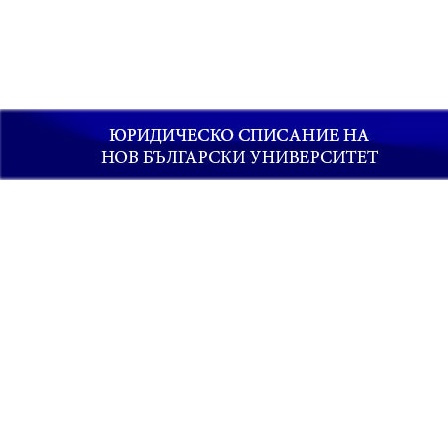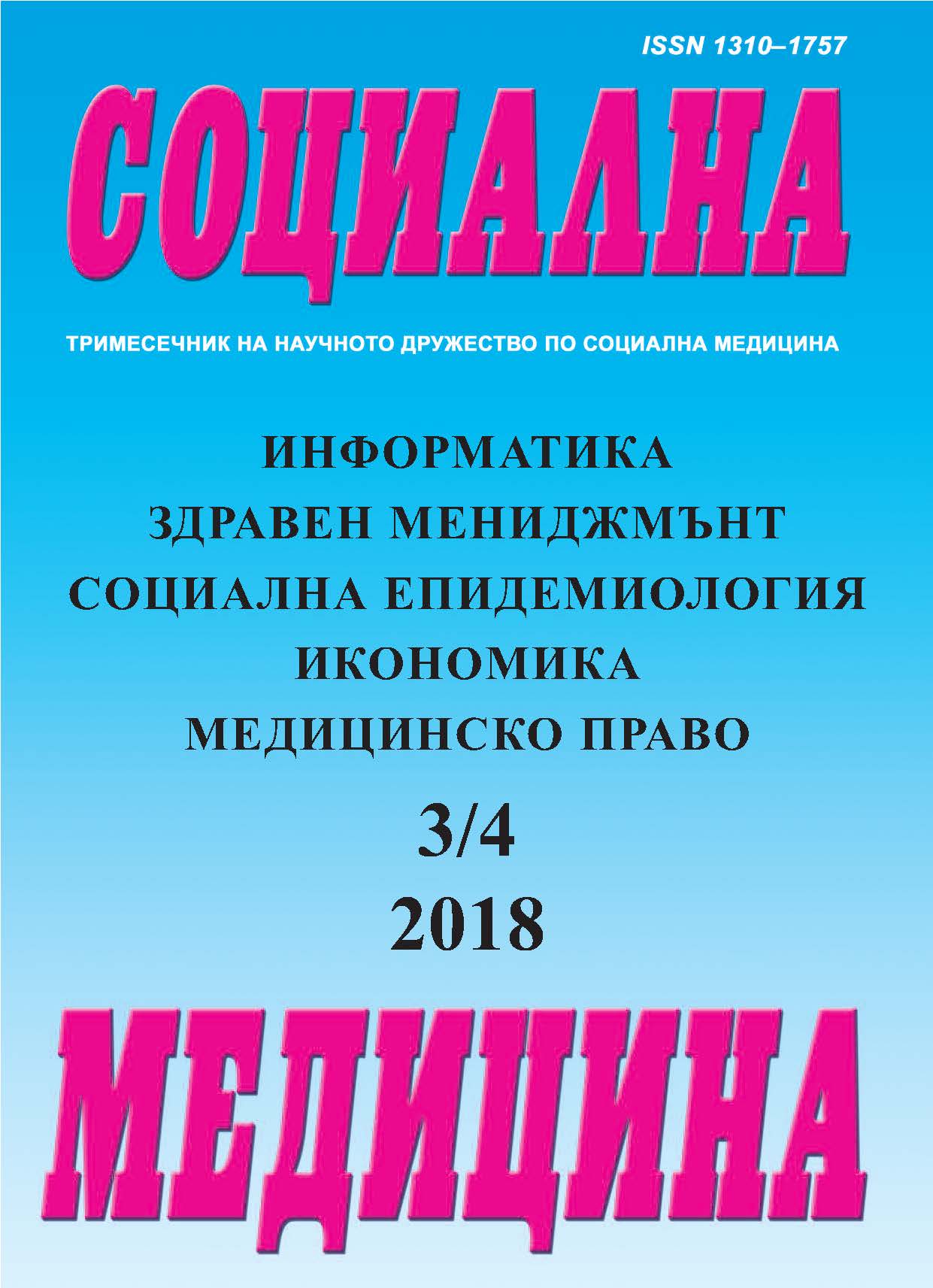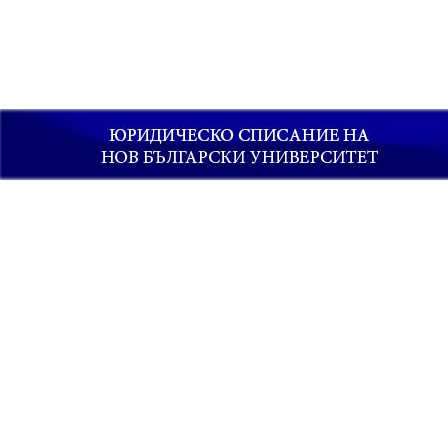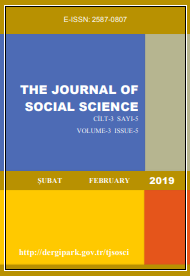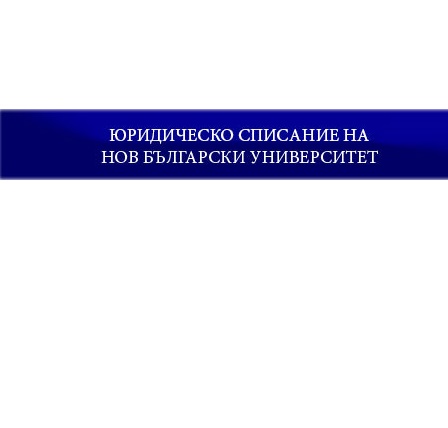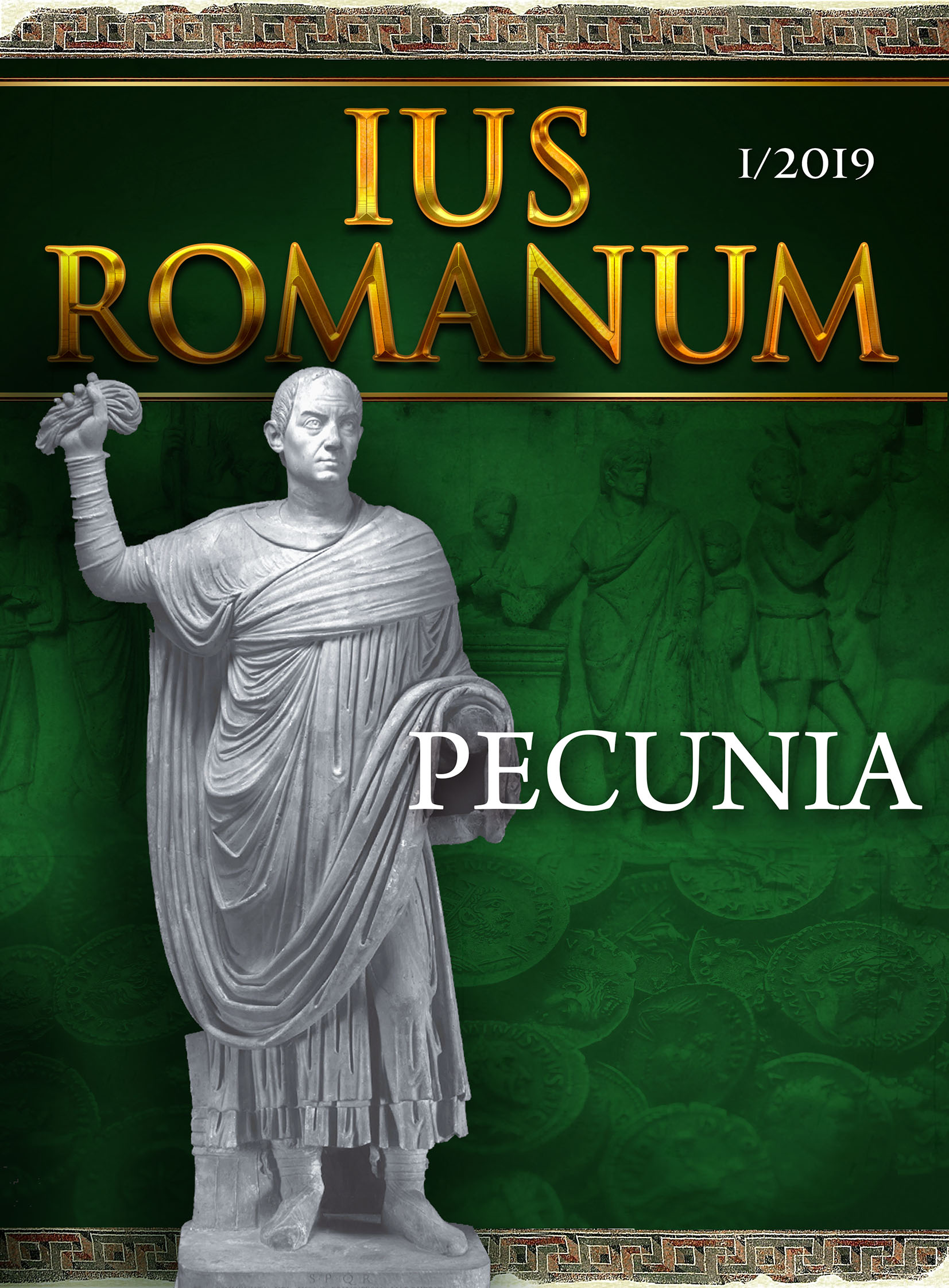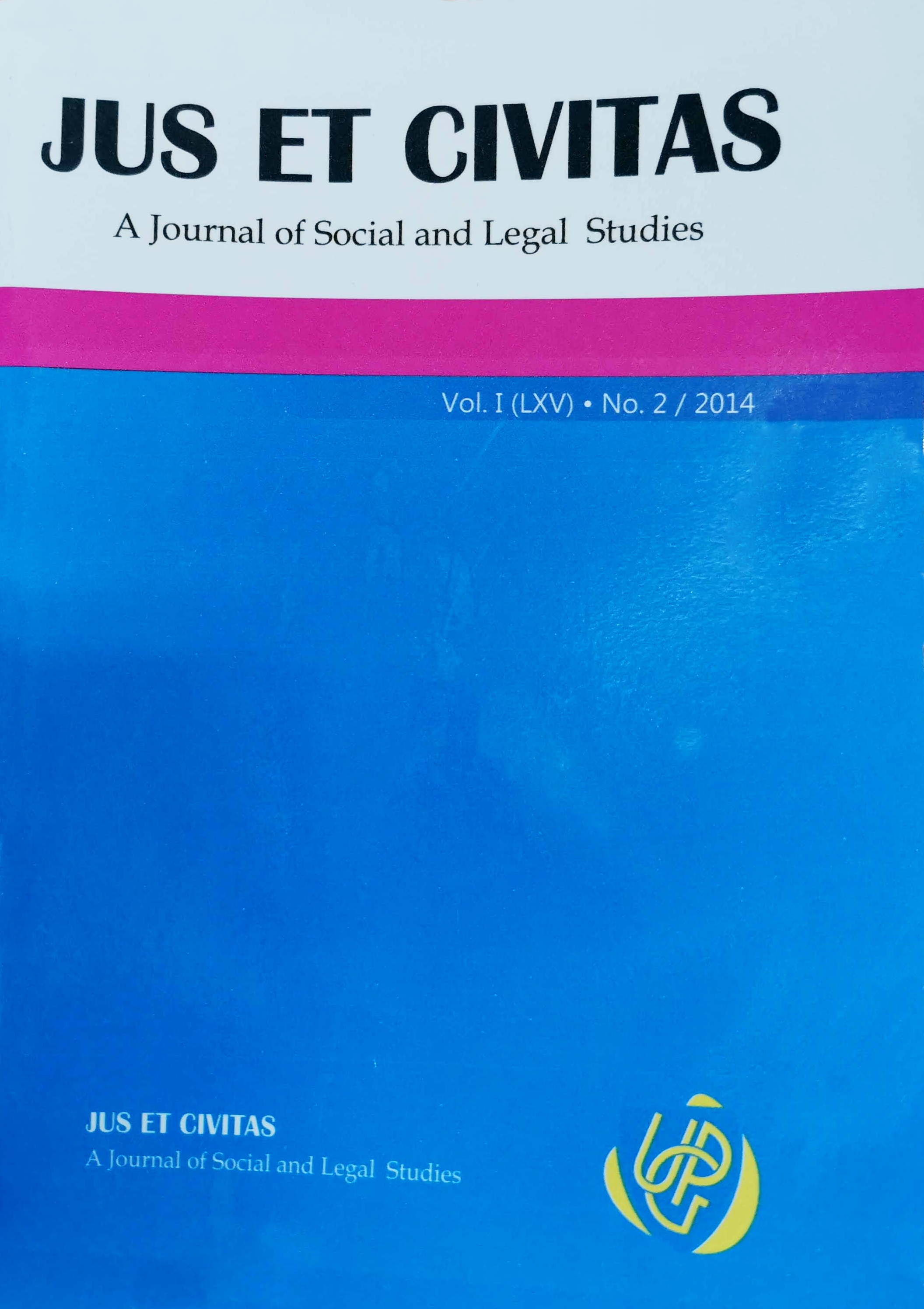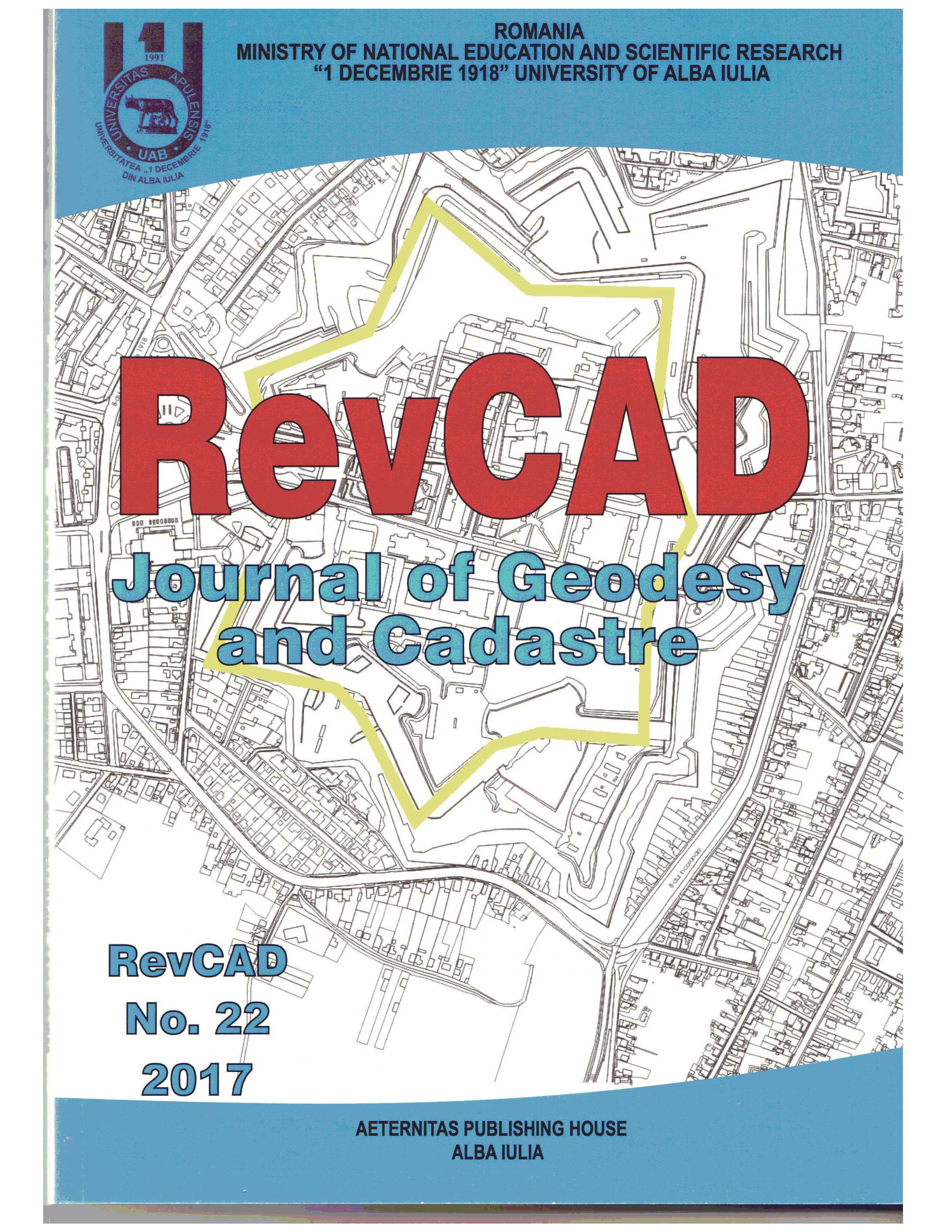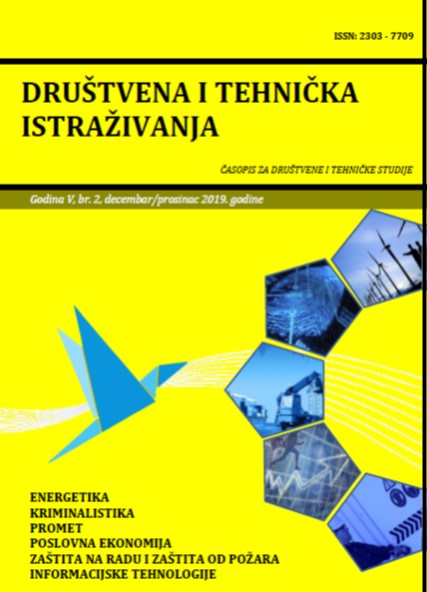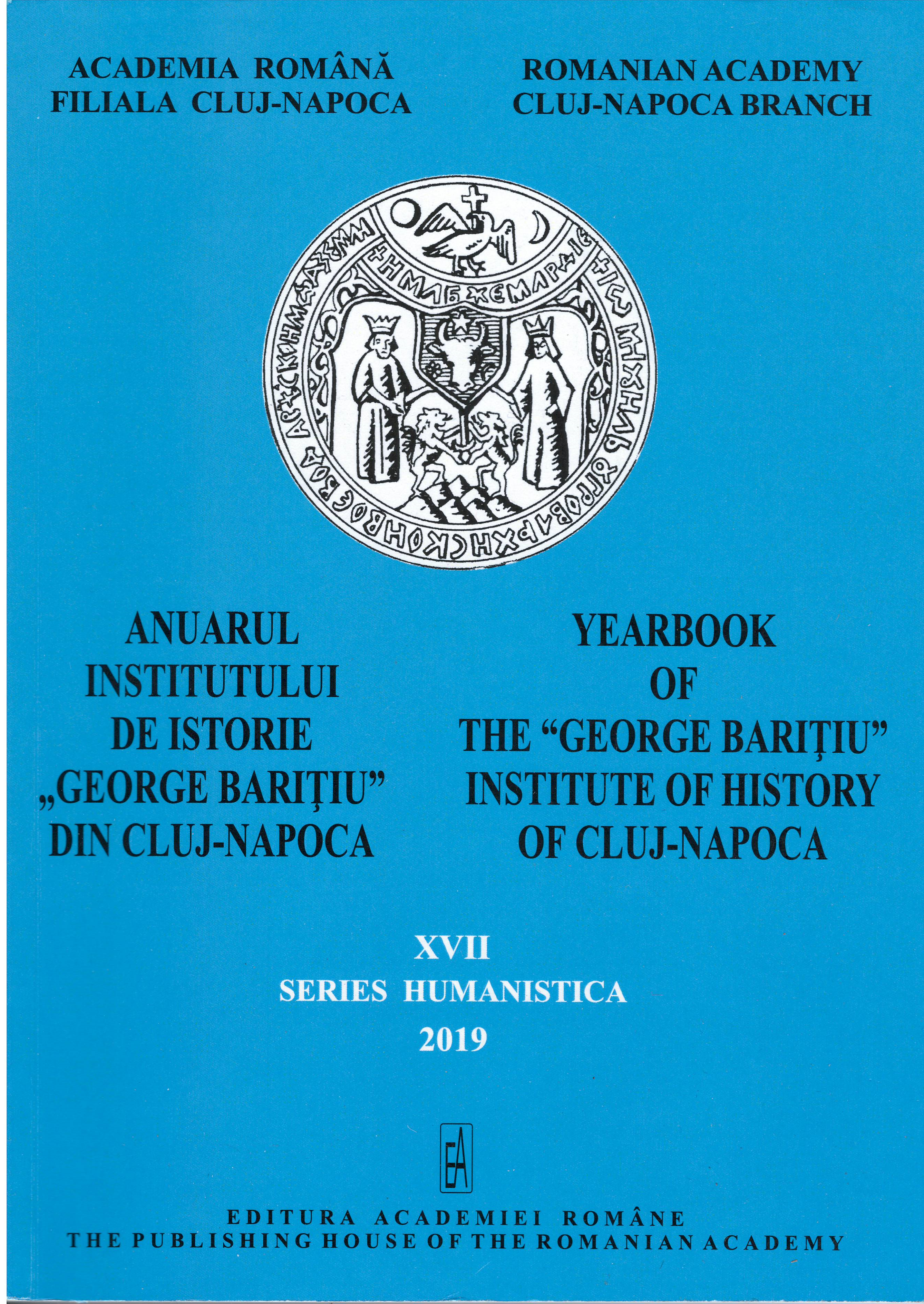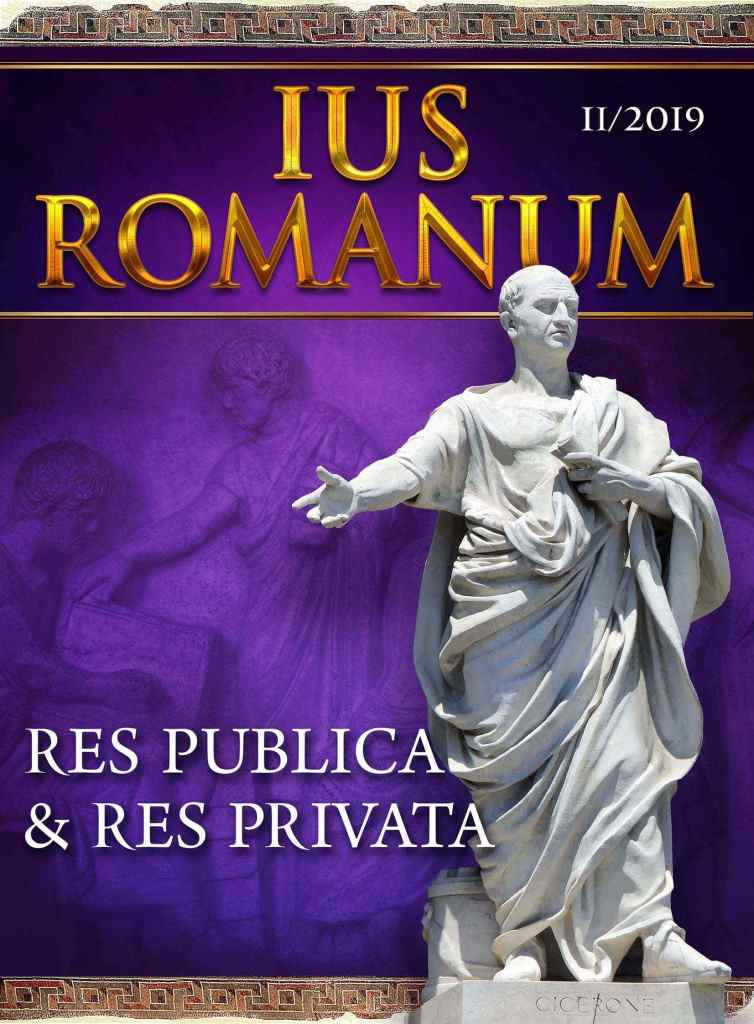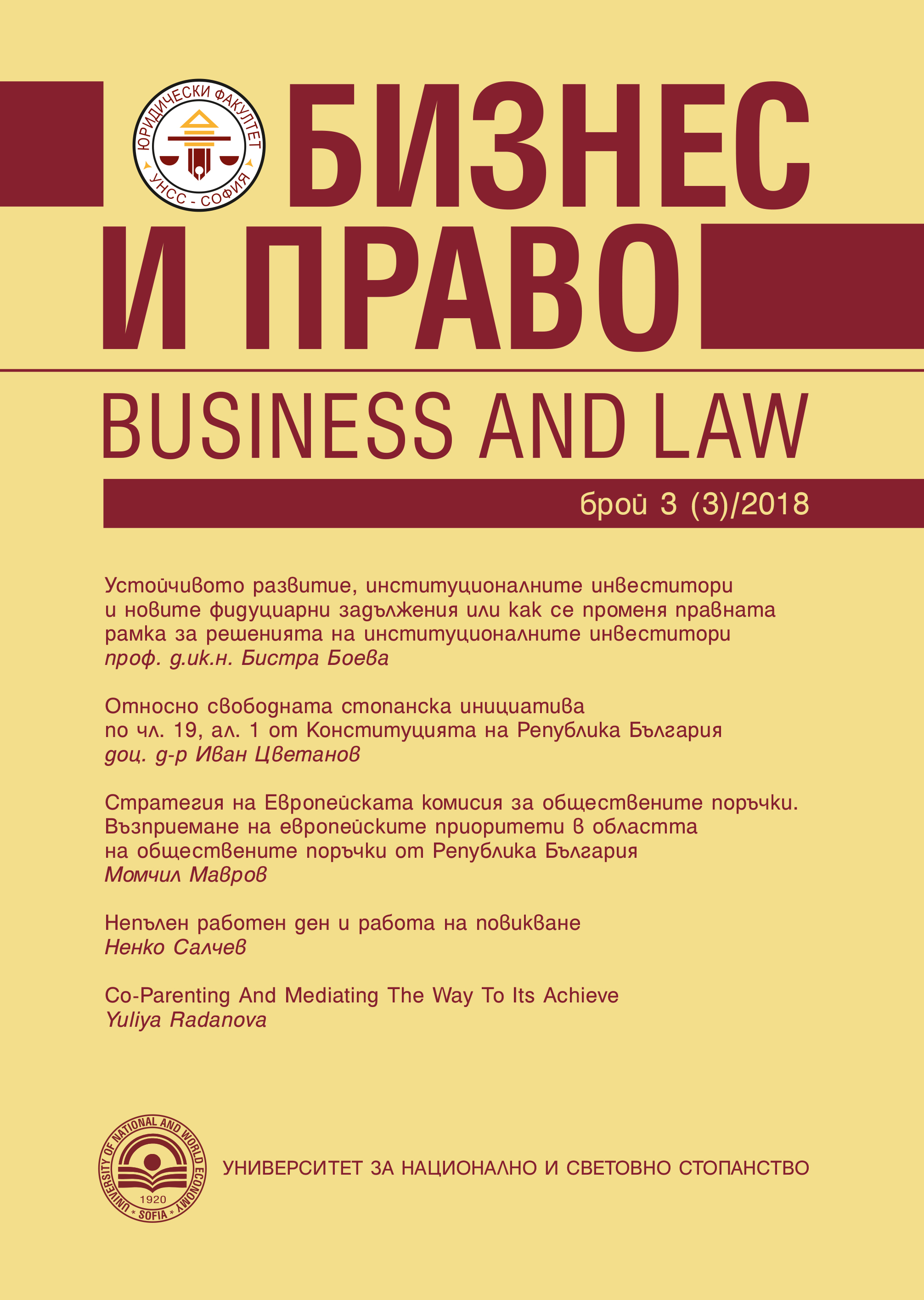
Устойчивото развитие, институционалните инвеститори и новите фидуциарни задължения или как се променя правната рамка за решенията на институционалните инвеститори
The article sheds light on the latest trends in domain of corporate governance and sustainable development. Gradually concerns about global warming changes business model of the owners of listed companies- institutional investors. Environmental, social and governance issues (ESG) set new topics and engagement on the agenda of institutional investors- sustainable investing. Dilemma what is correct and what is legally permitted shaped the discussions on the new engagements of the institutional investors. The author examines the process of transformation of ethical prescriptions/ soft regulation/ in legal norms that envisage fiduciary duties for sustainable investing for institutional investors. Arguments are extracted from international discussions and good practice- UN Principles for Responsible investing, EU legislation and latest developments in domain of sustainable investing policy of EC. Study on Bulgarian practice determines final conclusions and recommendations
More...
